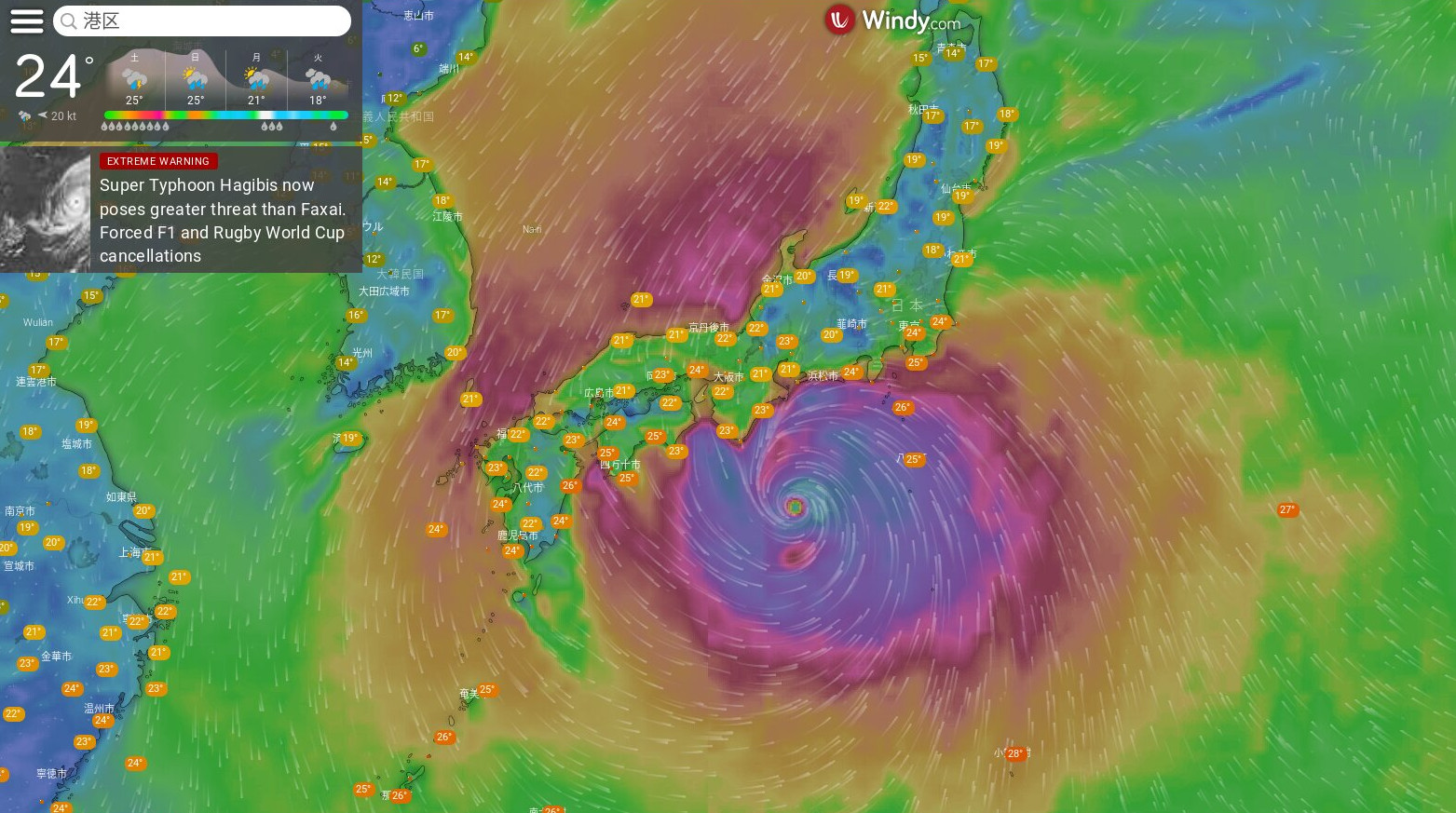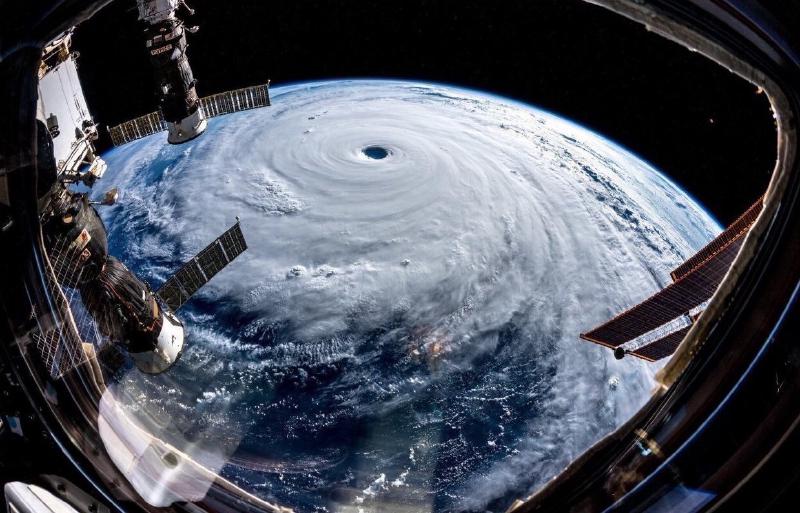The human factor
One night I woke up from shaking. It’s immediately crystal clear: an earthquake. The big question, as always: will this be the big one? How does one feel? Frightened and helpless: one can not do anything against it. It’s shaking, and you can’t do anything.
How bad is that fear? I think I did not hear of this as a phobia so far, but I would not be surprised if people move for example to Hokkaido, the north part of Japan, as there are fewer earthquakes.
I live in Tokyo. There is a cycle of roughly 30 years between major earthquakes, and the next one is due. Everybody knows. Schools do drills on what to do in case of earthquakes, all households get papers with instructions where to go to in case of a catastrophy. People are asked to keep water bottles around, food, a backpack with some things so the flat can be left in case of an emergency.
What’s an earthquake, actually?
Japan is on the crossing of tectonic plates. Moving towards each other, while one is moving below the other plate, it’s taking the other plate a bit with itself downwards - until the other plate accumulated so much pressure that it’s moving upwards suddenly, causing the quake.
We see notifications of the epicenter, sometimes these are under the see, sometimes on land.
Are people prepared?
Japanese live with it since ‘forever’. So from mindset people are prepared to some degree. Besides earthquakes we also have our share of super storms and floods. I fear that this level of emergencies is one of the reasons climate change seems to be taken not seriously so far: from birth one is used to emergencies and results like people loosing their home etc., making one think “it’s god given, can’t be changed”.
Japanese have traditionally built houses with much wood, there were huge fires in cities, and firebombs in WW2 did lead to catastrophic results. Normal living houses in central and south Japan have thinner walls than houses in Europe, they are mostly built to withstand magnitude 8 earthquakes.
So all prepared? Not really.. the big East Japan earthquake 2011 resulted in a tsunami, and a meltdown in Fukushima. Also smaller quakes lead to many deadly accidents, broken streets, train tracks, houses and so on. Broken water pipes mean interrupted water supply, power supply stops due to interrupted lines and damaged power plants - last weeks earthquake with epicenter in the east of Fujishima was magnitude 4 in Tokyo and damaged coal power plants, so in the following week the “power usage counter” for Tokyo was over 100%.
Japan is only producing 40% of the consumed food in the country, so support lines from other countries and in the country are very important.
What is done, with technology?
You can’t forecast earthquakes by hours or days, which would be ideal. In the country and on sea there are sensors, detecting first signs of quakes. The ripples of earthquakes move slower than electric energy, so that helps a bit with notifications. Algorithms have to understand if a quake is serious enough to result in notifications - and for which area. The most effective notification is via mobile phone cell broadcast, ETWS.
I have a private phone always turned on, and a company provided phone. At a past earthquake, I got notifications on both of these - the screen lit up, there was a buzzing sound, and a voice said ’earthquake’ in Japanese. This was so loud, I even heard it from the flat next to mine.
For this notification to work, the mobile and the provider must support it. Most mobiles sold in Japan are sim locked, the provider has his hands deep in the phone, deployed his config, on a sim locked iphone from the company I received the alerts in the past. With the Pixel 4a, I did not receive alerts so far - I bought it unlocked.
These warnings are not restricted to mobiles, they also go to TV and other media. Besides earthquakes, also floods etc. can lead to notifications. The Jアラート (J-alert) backend can also notify about incoming threats like missiles.
ETWS, the mobile broadcast, is notifying quite wide, at least whole mobile cells. When we had the super typhoon Hagibis in 2019, whole areas received the ETWS warning on their mobile, and were then for details looking up on the internet whether their specific street/area was recommended to evacuate or not.
Special experiences
One time I was standing next to an open window. My rented room is on a small hill, one can look down on parts of the city. It was afternoon, and I started to hear a kind of rumbling sound down from the city - I guess that was from earh and everything ontop vibrating. At first, the source of that sound was not really clear, just after some seconds the vibrations reached me directly, this was an earthquake of 2 or 3 at my location.
In 2018 I had deployed my mobile phone at the company office, configured to take one picture per minute. Around 22:00 the last people left and the office went dark. Just that night there was an earthquake, and one can actually see one frame dislocated by one or two pixels. One also sees how lights in the flats around lit up.
Pictures and the timelapse are here.
In 2019, we had the supertyphoon Hagibis, pictures are here.

